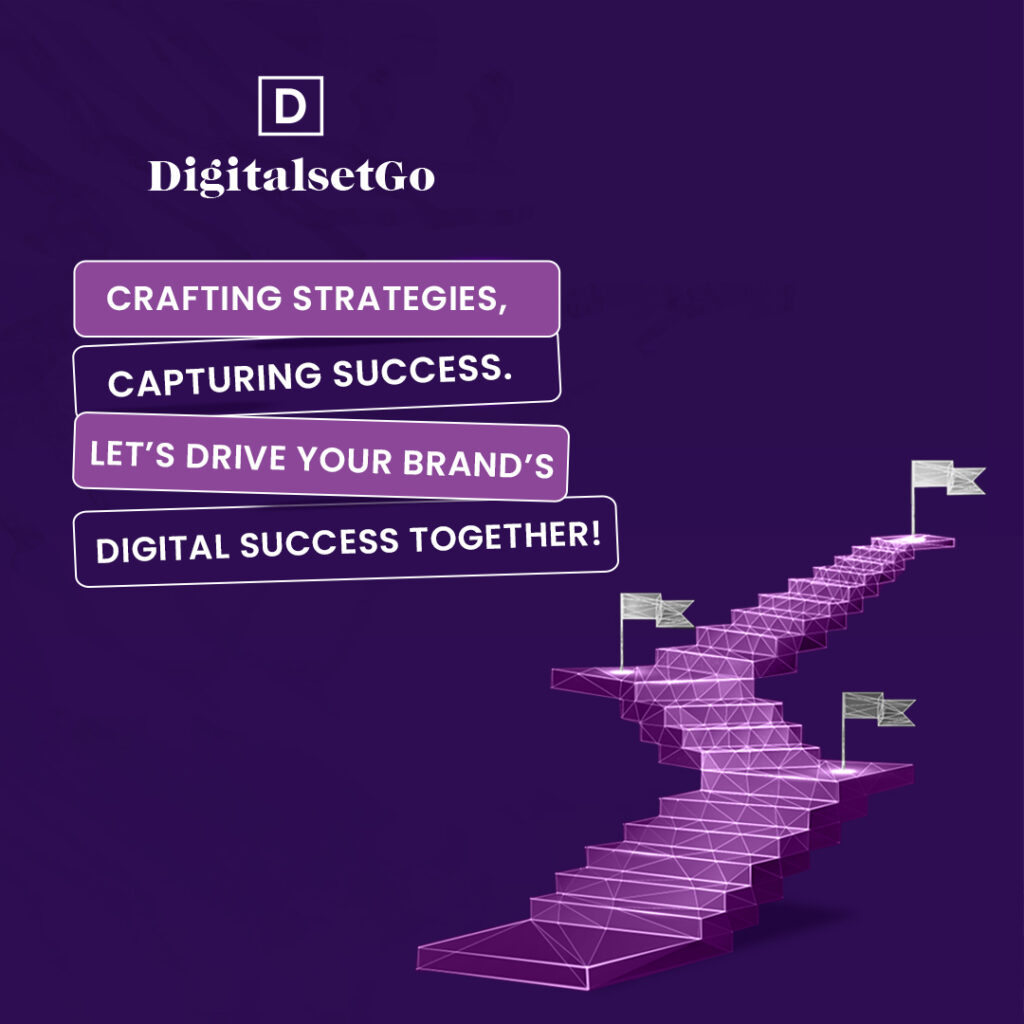Introduction
Starting a digital marketing agency Dubai has never been more appealing. With businesses of all sizes shifting online, the demand for skilled marketers continues to rise. Yet competition is also intensifying. In 2025, launching and scaling an agency requires more than basic know-how—it calls for strategic planning, specialized services, and a clear growth roadmap.
This guide explains the essential steps to start your own digital marketing agency and how to grow it into a sustainable, profitable business in today’s fast-changing landscape.

1. Understand the 2025 Digital Marketing Landscape
Before you invest time and resources, study the environment you’re entering. In 2025, several trends shape how agencies operate:
- AI-driven marketing: From content generation to predictive analytics, artificial intelligence tools streamline campaigns and deliver better insights.
- Privacy and data laws: Stricter data protection regulations mean agencies must build compliant tracking and reporting systems.
- Omnichannel expectations: Clients expect seamless integration across search, social, email, video, and emerging platforms like voice search or AR.
- Performance accountability: Budgets are tied closely to measurable ROI; agencies must prove their impact.
Knowing these trends allows you to position your agency as forward-thinking from day one.
2. Define Your Niche and Target Market
One of the biggest mistakes new agencies make is trying to serve everyone. Instead, pick a niche:
- By industry: real estate, healthcare, e-commerce, B2B SaaS.
- By service type: SEO, paid ads, content marketing, influencer outreach, or email automation.
- By geography: focus on local markets or specific regions.
A clear niche helps you craft messaging, develop expertise, and attract clients faster. For example, “Paid Media Campaigns for Boutique Hotels” is much more memorable than “We do all digital marketing for all businesses.”
3. Build Your Skills and Team
Even if you’re a seasoned marketer, starting an agency means wearing multiple hats. You’ll need capabilities in:
- Strategy and planning
- Creative design and copywriting
- Analytics and reporting
- Sales and client management
At first you may handle several roles yourself, but plan early to bring in freelancers or employees. In 2025, many successful agencies use a hybrid model—core in-house staff for strategy and client relations, supported by vetted remote specialists for execution. This keeps overhead low while ensuring expertise.
4. Create a Distinctive Brand and Offer
Your agency’s brand should communicate trust, expertise, and results. Focus on:
- A professional website: Clear services, case studies, and calls-to-action.
- A compelling value proposition: What unique problem do you solve? How do you deliver better ROI than competitors?
- Transparent pricing or packages: Clients appreciate clarity, even if you customize quotes later.
Incorporate social proof—testimonials, reviews, and success metrics—to build credibility quickly.
5. Develop a Lean Business Model
Before chasing clients, outline your business structure:
- Legal setup: Register your business, obtain any licenses, and ensure compliance with local laws.
- Accounting and invoicing: Use cloud-based tools to manage cash flow and taxes.
- Contracts and proposals: Standardize agreements to protect your work and set expectations.
Starting lean means low fixed costs, flexible staffing, and scalable systems—key advantages for a young agency.
6. Acquire Your First Clients
Winning those initial clients can be the toughest stage. Some practical approaches:
- Leverage your network: Reach out to past employers, friends, or contacts in your chosen niche.
- Offer pilot projects: Short, lower-risk campaigns showcase your expertise and build trust.
- Content marketing: Publish useful blogs, guides, or webinars to attract inbound leads.
- Partnerships: Collaborate with complementary businesses (web developers, PR firms) for referrals.
Be clear about deliverables, timelines, and reporting from the start to set a professional tone.
7. Use Systems and Tools to Scale
Once you have a few clients, growth depends on efficient systems. In 2025, agencies rely on:
- Customer Relationship Management (CRM): Track prospects, deals, and communication.
- Project management platforms: Tools like Asana or ClickUp keep tasks organized and deadlines met.
- Automation software: Schedule social posts, nurture leads, and generate reports automatically.
- AI analytics: Combine data from multiple channels to measure ROI and optimize campaigns faster.
Document your workflows so new team members can step in smoothly as you expand.
8. Deliver Measurable Results
Client retention is as important as acquisition. Focus on:
- Setting clear KPIs: Agree on goals—traffic, leads, sales, or cost per acquisition—before starting.
- Regular reporting: Provide transparent dashboards or monthly summaries.
- Continuous optimization: Show that you’re not just running campaigns but actively improving them.
Satisfied clients become your best source of referrals and testimonials, fueling growth organically.
9. Diversify Your Services Strategically
As your agency matures, consider expanding your offerings—but do it strategically:
- Add services that complement your core strengths (e.g., SEO + content marketing, paid ads + landing page design).
- Cross-sell to existing clients before marketing to new segments.
- Test new services with a pilot group to refine your process before a full rollout.
This approach minimizes risk while increasing revenue per client.
10. Invest in Your Own Marketing
Too many agencies neglect their own marketing because they’re busy with client work. In 2025, stand out by:
- Running targeted ads to reach your ideal prospects.
- Publishing in-depth thought leadership content.
- Hosting webinars or workshops to demonstrate expertise.
- Building a strong LinkedIn presence for B2B leads or TikTok/Instagram for B2C niches.
Treat your agency like your best client—allocate budget and time to market yourself consistently.
11. Build a Reputation for Ethics and Transparency
In a crowded marketplace, trust is a differentiator. Be upfront about:
- What’s realistically achievable within a client’s budget.
- How you handle data privacy and comply with regulations.
- The exact scope of services and ownership of creative assets.
A transparent approach fosters long-term partnerships rather than short-term transactions.
12. Measure and Optimize Your Growth Strategy
Finally, apply the same data-driven mindset to your own agency:
- Track client acquisition costs, lifetime value, and churn rate.
- Monitor profitability per service line to see which areas deserve more focus.
- Gather client feedback regularly to improve processes.
This continuous improvement loop ensures your agency stays competitive as market conditions evolve.
Conclusion
Launching a digital marketing agency in 2025 offers tremendous opportunity—but only for those who plan carefully and execute with discipline. By choosing a clear niche, building a skilled team, creating efficient systems, and prioritizing measurable results, you can grow your agency sustainably even in a crowded market.
The key is to think like both a marketer and a business owner: design a brand that resonates, deliver campaigns that convert, and nurture relationships that last. Follow these steps, and your agency can not only survive but thrive in the fast-changing digital marketing landscape of 2025.


